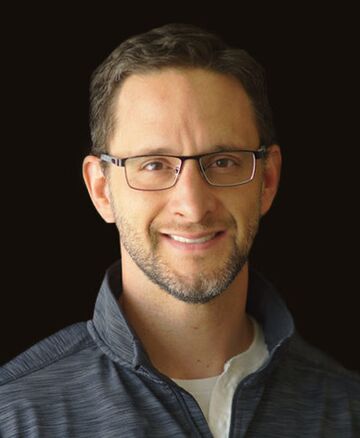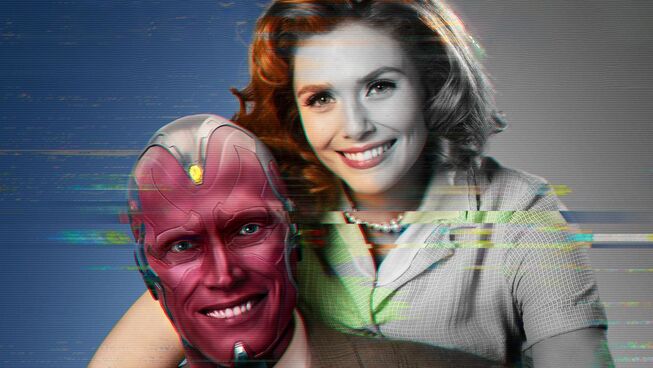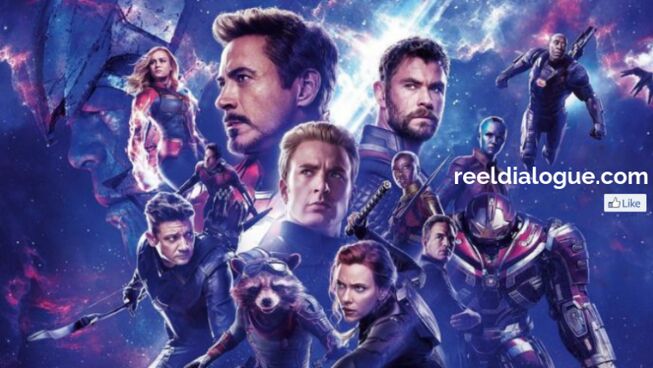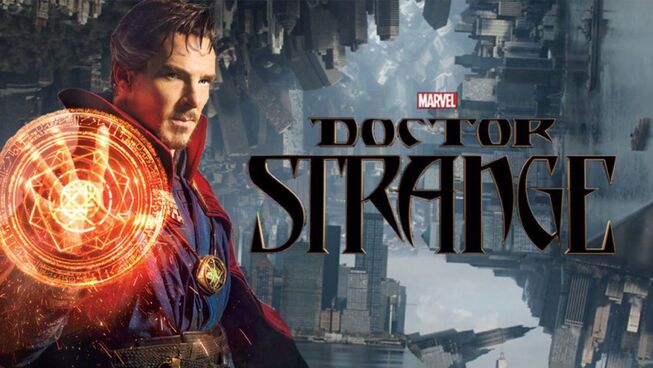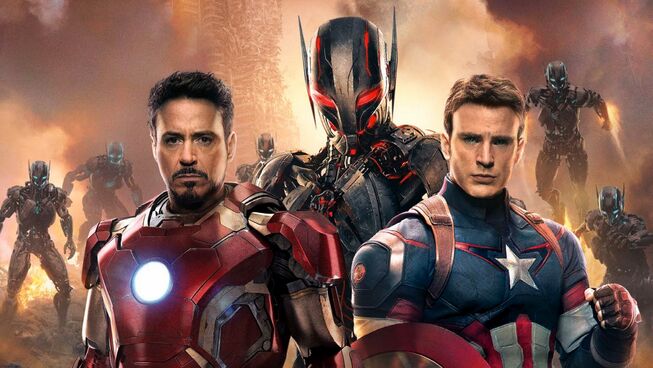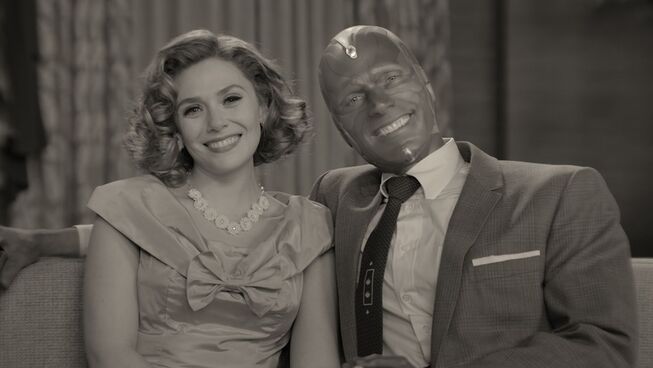
"Given the power (of God), what would you do?"
Marvel has always had a villain problem. We continuously measure a hero's worth against the villain they face. A lacklustre villain equals a boring hero. Until Thanos entered the scene, the Marvel Universe villains mostly held weak, un-compelling motivations for the evil they perpetuated. Well, no more. Wanda Maximoff is perhaps one of the most relatable, compelling and dare say, sympathetic villains in modern superhero lore.
Spoiler Alert: In this 9 part series, set up as a sitcom and following the events of Endgame, Wanda Maximoff creates an alternate reality in which she brings back the love of her life, a carbon-based AI superhero named The Vision, whom she was forced to watch die, twice, in the events of The Avengers: Infinity War.
Wanda creates her own Truman Show-type alternate reality, playing out in various tv sitcom formats. This fantasy begins in a 1950s with a Dick Van Dyke sitcom, followed by homages to Bewitched, The Munsters, Growing Pains, Malcolm in the Middle, Modern Family and The Office. Decade-specific sitcoms are recreated with magnetic nostalgia and impeccable set and costume design, as expected by Disney.
Olsen balletically dances her way through every decade, perfectly embodying each decade's version of her character... it’s impressive to watch. Paul Bettany plays the Vision with all the Shakespearean gravitas he’s become known for but with a delightful playfulness thrown in. The supporting cast is all serviceable, with a notable performance by Kathryn Hahn. However, this is Olsen’s and Bettany’s show and they hit it out of the park.
Wanda's reality is ultimately scaffolding for her pain. After she loses most of the people, she has loved in her life. Her brother Pietro, her parents during the war in Sokovia and finally the love of her life, The Vision, she creates, from her God-like powers, an idyllic life. In this fantasy, the two Avengers have two sons (miraculously conceived) and live the American dream. In time, it proves only to be a prison, not only for Vision and her boys but for the countless lives she hijacked to fill her fantasy life with real people. Yes, the superhero kidnaps real people. Men, women and children, hijacking their minds and forcing them to play along against their will so The Scarlet Witch and Vision can play family.
This series offers a multitude of moral and philosophical questions. One of the central characters is named Monica Rambo. She is a "friend" of Ms Miximoff, yet she works for the SWORD organisation who is trying to break into this fabricated world. She asks herself, a key thought-provoking question. “Given the power to bring your loved ones back from the dead and create a happy life, would I use that power to my own benefit, even if it hurt others?” It’s a big question that tracks in our modern world... given the power to improve my own life, would I use that power even if it came at the expense of others?
Another way of stating the questions is, 'if you could be God for a day, what would you do with that power?' Would you use it for the benefit of others or would you use that power to serve yourself? Honestly, most of us would likely give a knee-jerk, altruistic answer. We would hope in the better parts of hearts that we would agree with Spock, “the needs of the many outweigh the needs of the few or the one.”
Wanda sympathetically demonstrates how anyone given the right circumstances and enough power, might easily hurt others for their own benefit. In Marvel’s own way, her story shows the biblical doctrine of sin, also known as depravity, that causes us to become territorial and tribal. We want to fight for our own little universe at the expense of everything else. That impulse is often driven by love but not for the ultimate good of God's glory or for others, but rather for ourselves. Each of us, put under the right amount of pressure and given enough power, would likely try to bend reality to our own benefit at the expense of others.
Romans 3:23 tells us, "For all have sinned and fall short of the glory of God."
This principle plays out in every successive generation and every passing war. GK Chesterton, one of the great minds of the 20th century, noted, “The depravity of man is at once the most empirically verifiable reality but at the same time the most intellectually resisted fact.”
Interestingly, Wanda demonstrates that much of our sin and the injustice we propagate against others have similar origins. These aspects of our lives are often born out of our own pain, grief, loss and even love. Our own sin always seems justifiable, even sympathetic, but still comes at the expense of God’s good plans and the good of others.
In the end, she does sacrifice her family for the sake of those enslaved to her power. It is a moving moment for the Scarlet Witch to say goodbye, once again, to the love of her life and yet hopes she might see him again. The whole series is powerful story-telling. However, it makes us wonder, what would Wanda's justice demand if she were held accountable for her actions? We tend not to think of that question because we have identified with her pain and loss. Which does make her a compelling villain. We become so wrapped up in her story and sympathetic to her pain, we almost forget the evil acts she has committed.
It beautifully points to the Christians hope found only in Christ, through whom our reality was created. Rather than bending our universe to serve himself, he “bent” the universe to serve us by dying on the cross for our sin. The same sins we commit against others, even when we feel they are justified. More importantly, Jesus died for the sins we commit against God, even the sins we do not realise we have committed.
We do not have to try and bend reality to our will by hurting others because of this hope. Instead, we can embrace loss, grief, and pain, knowing this is not the end, that a renewed world is coming for those who trust in its creator, Jesus Christ. This allows Christians to absorb immeasurable pain and loss without becoming bitter and turning the hurt outward towards others. Jesus alone bent reality to serve us, save us and give us that happily ever after Wanda so desperately wanted with her family.
Jesus promises us that happily ever after. It is not fantasy though, it is reality, his reality. He asks you to join him in it. Will you?
